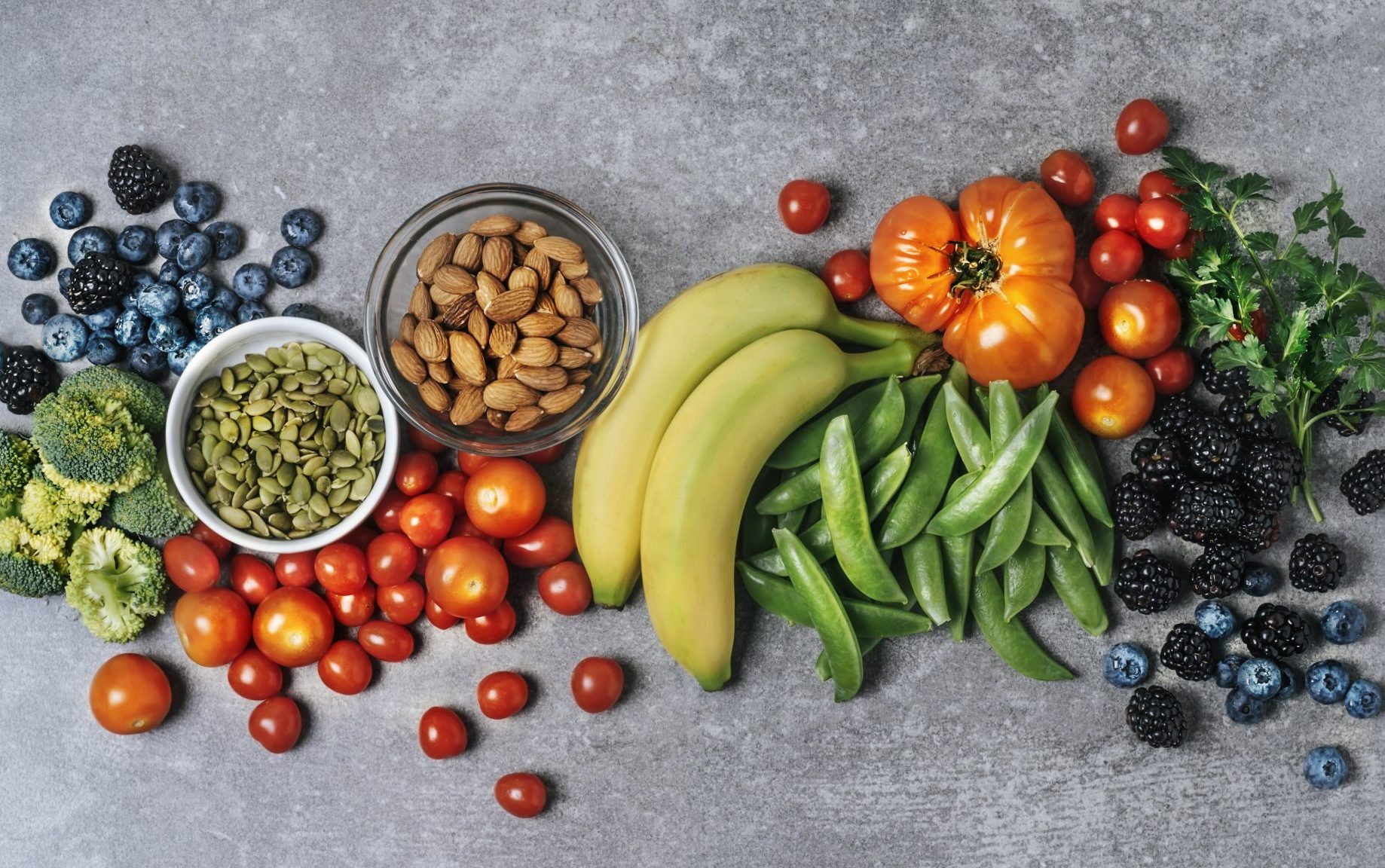If you’re thinking about going vegetarian or started following this diet just recently, many questions will arise.
What is being a vegetarian? What’s allowed and what isn’t? Some areas may be clearer, while other may be a bit of a blur: for example, it’s easy to doubt whether vegetarians and eggs are compatible.
Let’s look at are the forms of vegetarian diet (some are stricter, while other give you a wider range of food to choose from) and find out whether you can use eggs as a part of your vegetarian diet.

Q: What is vegetarian diet and its types?
A:
One common thing connects them: full or partial removal of animal products from your life. All of them imply give up eating meat, poultry, and fish (shortly, flesh and parts of other living creatures).
Veganism, also known as the strict vegetarianism, involves complete refusal of anything from animal origin. That includes dairy, leather and fur clothing, cosmetics tested on animals or made with animal-based products. In its’ purest form, it’s more of a lifestyle based on ethical choices rather than merely a diet.
Vegetarian diet also means not eating flesh. However, it often includes dairy and chicken products such as eggs:
- Strict vegetarians are those who only eat plant-based food (not equal to being vegan);
- Lacto-vegetarians include dairy;
- Ovo-vegetarians include eggs;
- Lacto-ovo-vegetarians include both eggs and dairy, as those are not direct parts of animal bodies.
So, are vegetarians allowed to eat eggs? Some of them – yes.
Q: Could these eggs have become a chicken?
A:
The majority of eggs in the stores are not fertilized, which means they cannot grow into a chicken. Some farmers deliberately separate hens from roosters, so the eggs won’t have a chance of becoming an animal.
However, this is not a certainty. Eggs still could be fertilized, especially on farms where chicken are less restricted. Still, the chances of finding an embryo are low: there is a lot going on between laying an egg and putting it to stand. Even if the embryo was formed, it won’t develop further in the created conditions.
Q: Does this solve the ethical question?
A:
Not completely. Even if there is no chance of destroying a new life (because most of eggs are not fertilized), the lives of farm animals are still an open question.
Despite many newly made farms promoting ‘happy life conditions’ for poultry and cattle, the truth is unsettling.
Cows, pigs, and chickens are majorly treated as producing machines, not creatures. Newborn egg-laying hens have their beak torn away, so they won’t bite one another. They are kept in tiny squares of space for their whole life. Most of the chickens never get to see the sunlight. Most of them are slaughtered after a few years of their life, for purposes other than human food.
Bottom line:
Facing an unpleasant truth about origins of some of our favorite products can be unsettling. However, following a fully ethical lifestyle requires a lot of energy, consideration, and, ironically, finances.
In fact, it’s nearly impossible to be completely ethical without giving up too much and keeping your life together. So, eggs can be considered a part of not-so-strict vegetarian diet – you can be a vegetarian and include them in your ration.
The truth is, small changes make difference, too! If you’re following a vegetarian diet with eggs and dairy included, it’s still a big impact on market in the wider perspective. Swiping your meat-based meals to meatless options from time to time – that matters, too.
Finding a balance between your ethics and well-being without giving up too much is the key to improving your health and reaching the slow, but undeniable, changes around us.
